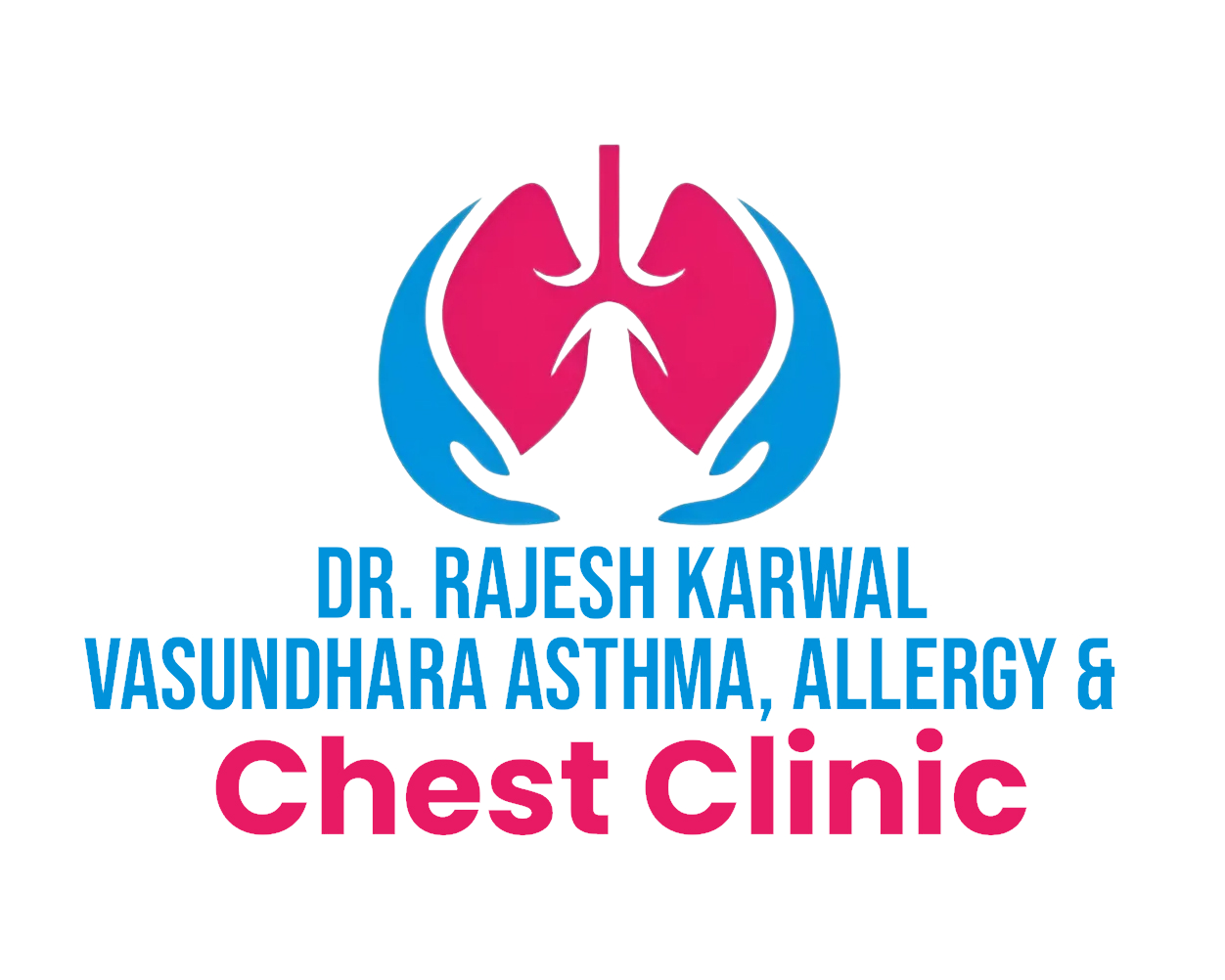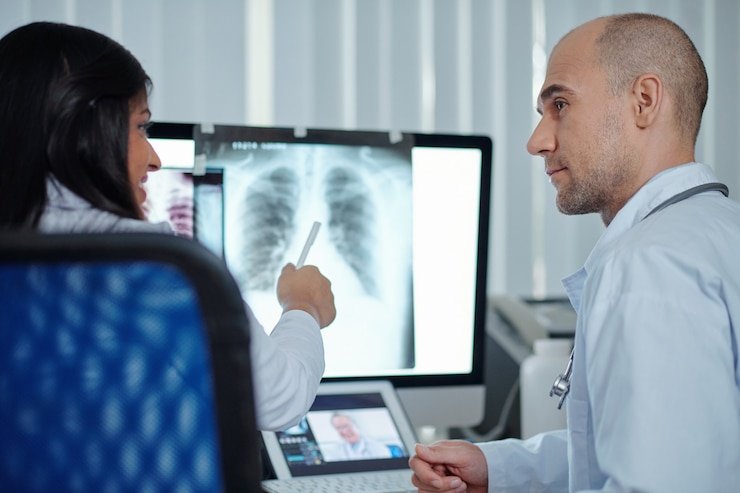Lung function tests, also known as pulmonary function tests (PFTs), are a group of non-invasive tests used to assess how well your lungs are working. These tests measure various aspects of lung function, such as the amount of air you can inhale and exhale, how efficiently your lungs exchange oxygen and carbon dioxide, and how well your respiratory muscles are functioning. In this comprehensive guide, we will explore everything you need to know about lung function tests, including their purpose, types, how they are performed, and what the results mean.
To Know More About It Please Click Here
Purpose of Lung Function Tests
The primary purpose of lung function tests is to evaluate the function of your lungs and diagnose respiratory conditions, such as asthma, chronic obstructive pulmonary disease (COPD), pulmonary fibrosis, and lung cancer. These tests are also used to monitor disease progression, assess treatment effectiveness, and determine eligibility for certain medical interventions, such as lung transplantation.
Types of Lung Function Tests
There are several types of lung function tests, each measuring different aspects of lung function:
Spirometry: This is the most common lung function test and measures how much air you can inhale and exhale and how quickly you can exhale. It helps diagnose conditions such as asthma and COPD.
Lung Volume Measurements: These tests measure the amount of air in your lungs and how much air you can inhale and exhale. They help diagnose conditions such as restrictive lung diseases and assess lung capacity.
Diffusion Capacity Testing
This test measures how effectively your lungs transfer oxygen from the air into the bloodstream. It helps diagnose conditions such as pulmonary fibrosis and assess lung function in people with certain lung diseases.
Maximal Voluntary Ventilation (MVV)
This test measures how much air you can breathe in and out during rapid, deep breathing. It assesses the strength and endurance of your respiratory muscles.
How Lung Function Tests Are Performed
Lung function tests are typically performed in a specialized laboratory or clinic by a respiratory therapist or pulmonary function technician. The tests are painless and non-invasive and involve breathing into a mouthpiece connected to a machine called a spirometer. During the test, you will be instructed to perform various breathing maneuvers, such as taking deep breaths, exhaling forcefully, and holding your breath for short periods.
Interpreting Lung Function Test Results
After completing the lung function tests, a healthcare provider, usually a pulmonologist or respiratory therapist, will interpret the results and discuss them with you. The results of the tests are compared to normal values based on factors such as age, gender, height, and ethnicity. Abnormal results may indicate a lung disorder or disease, and further evaluation, such as imaging studies or additional tests, may be necessary to confirm a diagnosis.
To Know More About It Please Click Here
Conclusion
Lung function tests play a crucial role in the diagnosis and management of respiratory conditions by providing valuable information about how well your lungs are functioning. By understanding the purpose of these tests, the different types available, how they are performed, and what the results mean, you can actively participate in your respiratory health and work with your healthcare provider to develop an appropriate treatment plan. If you have concerns about your lung function or respiratory symptoms, don’t hesitate to discuss them with your healthcare provider and inquire about the possibility of undergoing lung function testing.


